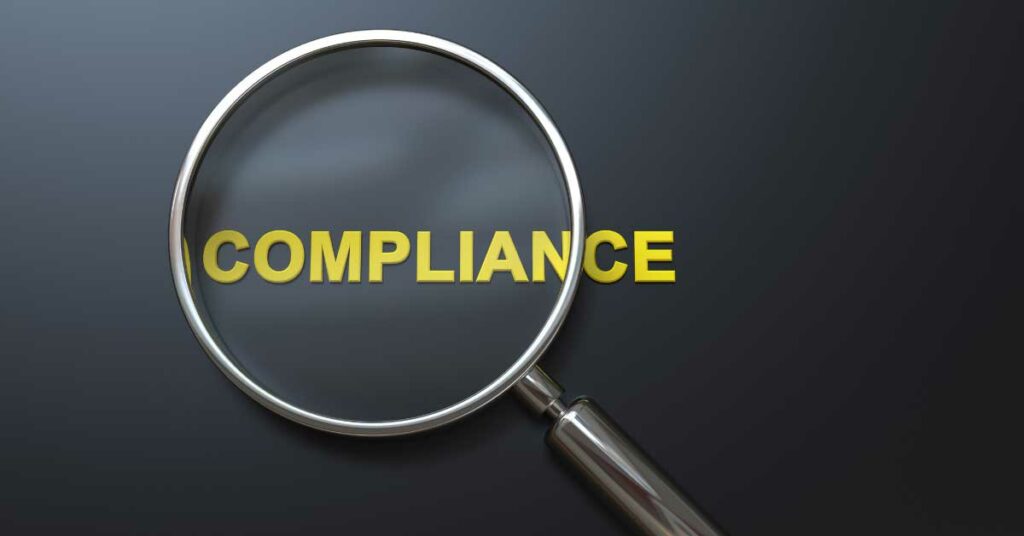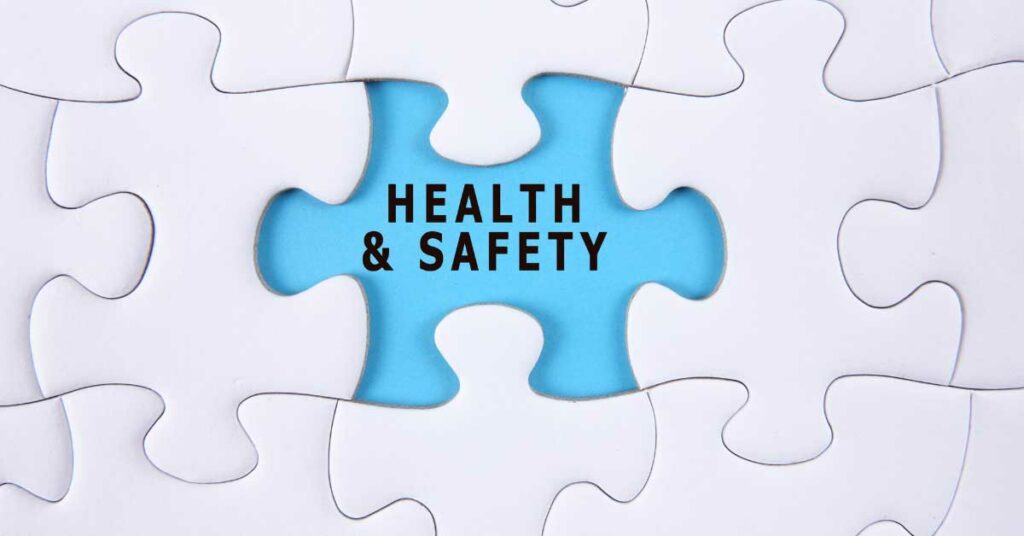Risk Management and Compliance: Navigating the Legal Landscape of Manufactured Housing
Are you aware of the risk management and compliance of manufactured housing? As a manufactured home community (MHC) owner or manager, understanding and navigating the legal landscape is a crucial part of your role.
Adhering to local, state, and federal regulations not only keeps your community in compliance but also mitigates risks that could potentially harm your business.
This blog post provides insight into key areas of focus in legal compliance and risk management for manufactured housing.

Understanding Federal Regulations
At the federal level, manufactured homes and their communities are governed by the U.S. Department of Housing and Urban Development (HUD). This includes standards for home construction and safety, known as the HUD Code, and regulations regarding fair housing and equal opportunity.
HUD’s Fair Housing Act prohibits discrimination in housing based on race, color, national origin, religion, sex, familial status, and disability.
As an MHC manager, you must ensure all marketing, leasing, and management practices comply with these nondiscrimination standards.

Navigating State and Local Laws
In addition to federal regulations, manufactured housing is subject to state and local laws, which can vary widely. These may address issues like zoning, titling, and community operations.
For instance, some states classify manufactured homes as personal property rather than real estate, affecting things like taxes and financing.
Familiarize yourself with the laws in your community’s state and municipality, consulting legal counsel as needed.
Ensuring Tenant Rights
Tenant rights in MHCs are another crucial area of legal compliance. Many states have specific laws protecting manufactured home residents.
Common areas of regulation include eviction procedures, rent increases, and rules about community standards. Violating these rights can lead to costly legal consequences and damage your community’s reputation.

Complying with Health, Safety, and Environmental Regulations
Health, safety, and environmental regulations are also critical. This includes ensuring homes meet HUD’s construction and safety standards, maintaining community spaces in safe and sanitary conditions, and adhering to local and state environmental regulations.
Regular inspections can help catch and address potential issues early.
Implementing Risk Management Strategies
In addition to compliance, effective risk management strategies are key to protecting your community from legal and financial harm. Here are some strategies to consider:

Insurance
Comprehensive insurance coverage is crucial. This should cover potential property damage, liability issues, and business interruption scenarios. Regularly review your coverage to ensure it stays uptodate with your community’s needs.
Resident Screening
Implement a thorough screening process for prospective residents to minimize risks related to nonpayment of rent or potential damage to property.
Regular Maintenance
Routine maintenance and inspections help identify potential risks before they become bigger, more costly issues.
Documentation and Record Keeping
Maintain meticulous records of all interactions, transactions, and incidents related to your community. This documentation can be crucial in case of legal disputes or insurance claims.
Legal Counsel
Engage with a legal expert knowledgeable in manufactured housing law. Their guidance can be invaluable in understanding your legal obligations and navigating any issues that arise.

Final Thoughts
Navigating the legal landscape of manufactured housing can be complex, but it’s essential for the successful operation of your MHC.
Understanding and adhering to the applicable regulations at every level—federal, state, and local—is vital. Implementing proactive risk management strategies can help protect your community and its residents.
It’s always wise to consult with a legal professional when dealing with these matters to ensure you’re fully protected and in compliance with all laws and regulations.
By doing so, you can focus on what you do best—providing a welcoming, well-run community for your residents.
About the Author
Anequim specializes in connecting Property Managers with highly skilled, bilingual virtual assistants.
From leasing calls to property maintenance coordination and accounting, Anequim’s comprehensive services are crafted to meet the unique demands of the MHC industry.
Anequim handles recruitment, learning and development, performance management, and more, ensuring a seamless integration of virtual support tailored to your property management needs.
